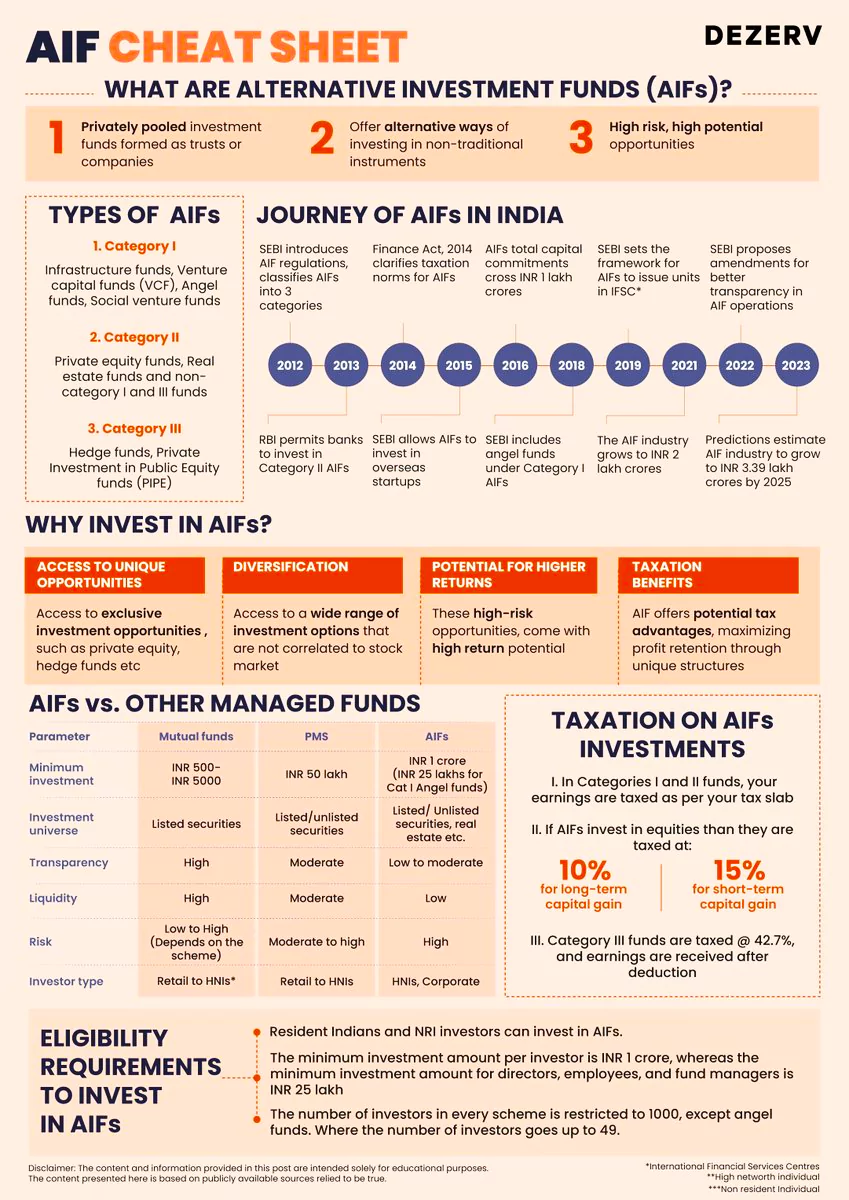The Reserve Bank of India (RBI) has made revisions to regulations entities (REs) regarding their investments in Alternative Investment Funds (AIFs).
| Regulated Entity (RE)
This entity is the financial institution or organizations that follow specific rules and regulations set by regulatory authorities. |
|---|

| Must Read | |
| NCERT Notes For UPSC | UPSC Daily Current Affairs |
| UPSC Blogs | UPSC Daily Editorials |
| Daily Current Affairs Quiz | Daily Main Answer Writing |
| UPSC Mains Previous Year Papers | UPSC Test Series 2024 |
To get PDF version, Please click on "Print PDF" button.
SC Verdict on Newsclick Shows Adherence to Due Pro...
Stay Invested: On Chabahar and India-Iran Relation...
Credit Rating Agencies, Impact on India’s De...
Catapulting Indian Biopharma Industry
Globalisation Under Threat, US Import Tariffs Have...
Global Report on Hypertension, Global Insights and...
<div class="new-fform">
</div>
